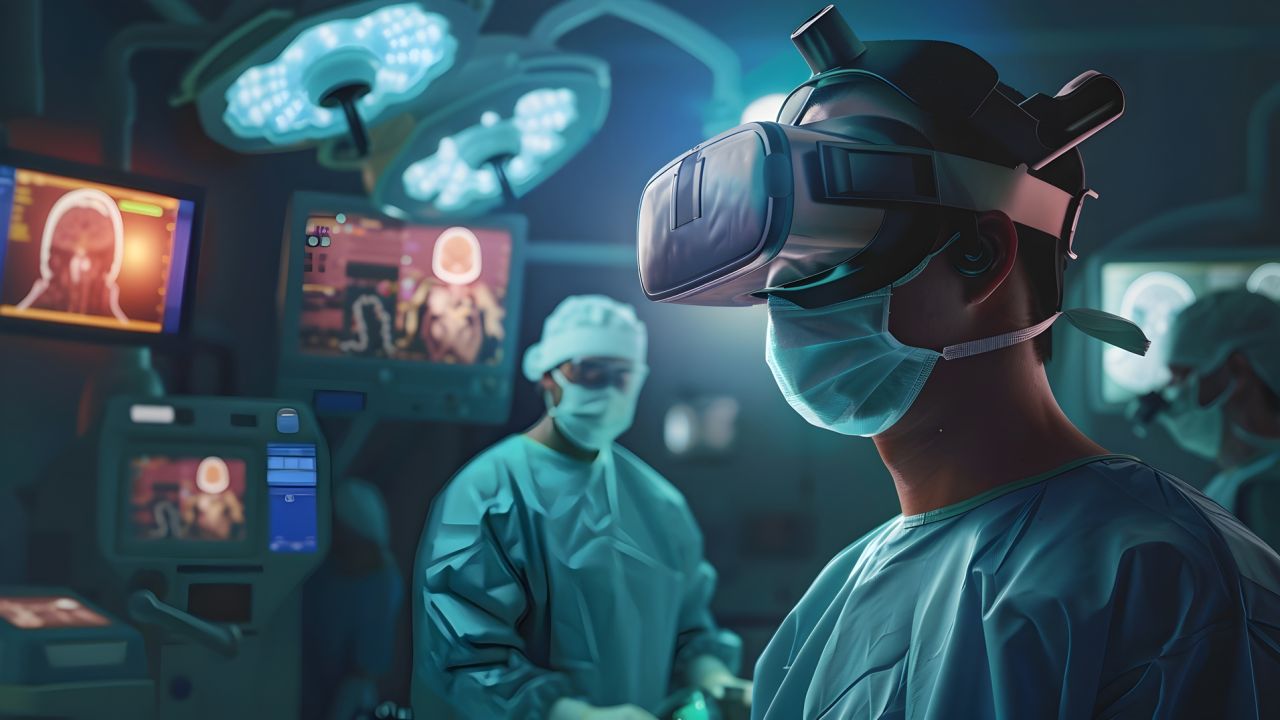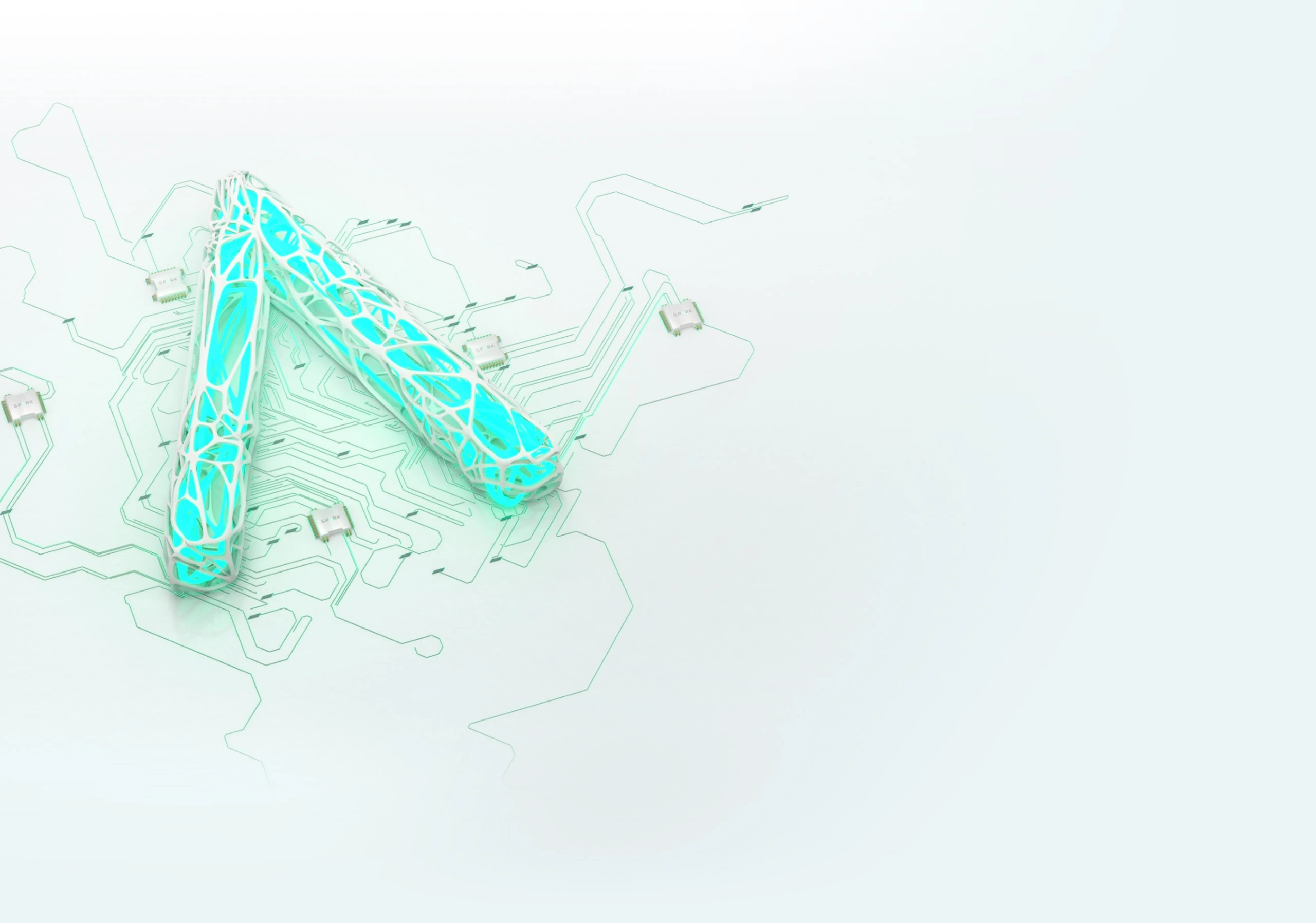Clinical Training VR: Revolutionising Medical Education and Training

 Author: Spark Team
Author: Spark Team
Clinical Training VR: Revolutionising Medical Education and Training
Introduction to Clinical Training VR
Virtual Reality (VR) is making significant strides in the healthcare sector, particularly in clinical training. Clinical Training VR involves using immersive virtual environments to train healthcare professionals, enhancing their skills and improving patient outcomes. Spark Emerging Technologies is at the forefront of this innovation, providing cutting-edge VR solutions for medical education and training.
Benefits of Clinical Training VR in Healthcare
Clinical Training VR offers numerous benefits, transforming traditional training methods and enhancing the education of medical professionals:
Immersive Learning: Provides an immersive, hands-on experience that mimics real-world scenarios, allowing for repeated practice and mastery of skills.
Enhanced Skill Development: Allows medical students and professionals to practice complex procedures in a risk-free environment, improving their competence and confidence.
Personalised Training: Offers tailored training modules that can be customised to the individual needs of learners, ensuring personalised education.
Immediate Feedback: Provides real-time data and feedback on performance, helping trainees identify areas for improvement and track their progress.
Cost-Effective: Reduces the need for physical resources and materials in training programmes, leading to significant cost savings for medical institutions.
Real-World Applications of Clinical Training VR
Surgical Training: Surgeons can practice intricate procedures in a risk-free environment, enhancing their skills and confidence. This is particularly useful for minimally invasive and robotic surgeries.
Emergency Response: Paramedics and emergency responders can train for various scenarios, improving their preparedness and response times. VR simulations of emergency situations help enhance decision-making and coordination.
Patient Interaction: Medical professionals can practice patient interaction and bedside manners in realistic virtual settings, improving their communication skills and patient care.
Specialised Training: VR offers specialised training modules for various medical fields, such as cardiology, neurology, and paediatrics, ensuring comprehensive education for all healthcare professionals.
How Spark Emerging Technologies is Leading the Way
At Spark Emerging Technologies, we are committed to advancing healthcare through innovative VR solutions. Our Clinical Training VR platform offers realistic, interactive training modules designed by healthcare professionals for healthcare professionals. We collaborate with leading medical institutions to ensure our VR solutions meet the highest standards and address the most critical training needs.
Case Study: Enhancing Medical Education with Clinical Training VR
One of our clients, a prestigious medical school, implemented our Clinical Training VR in their curriculum. The result? A 30% improvement in students' procedural skills and a significant increase in their confidence levels during clinical rotations. The faculty reported that students who trained with VR showed better preparedness and were more adept at handling unexpected challenges in real-life scenarios.
The Role of AI in Clinical Training VR
Artificial Intelligence (AI) enhances Clinical Training VR by providing adaptive learning experiences. AI algorithms can analyse trainee performance and adjust the difficulty of scenarios based on their progress. This personalised approach ensures that each learner receives training that is tailored to their skill level, promoting continuous improvement.
Machine Learning for Enhanced Training
Machine learning further enhances Clinical Training VR by continuously learning from new data and improving the training modules. This adaptive learning process ensures that the VR simulations remain up-to-date with the latest medical practices and technologies, providing trainees with the most relevant and effective education.
Future of Clinical Training VR
The future of Clinical Training VR is promising. As VR technology continues to evolve, we expect even more sophisticated simulations that can mimic real-world scenarios with high precision. At Spark Emerging Technologies, we are dedicated to staying at the cutting edge of this revolution, continually enhancing our VR offerings to meet the evolving needs of the healthcare industry.
Integration with Augmented Reality (AR)
Combining VR with Augmented Reality (AR) creates a comprehensive training environment that offers the best of both worlds. AR can overlay digital information onto the real world, providing contextual guidance during practical training sessions, while VR immerses trainees in fully virtual scenarios. This hybrid approach enhances the realism and applicability of medical training.
Conclusion
Clinical Training VR is transforming the landscape of medical education and training. With the innovative solutions from Spark Emerging Technologies, healthcare professionals can gain the skills they need to provide better care and improve patient outcomes. Explore our Clinical Training VR solutions today and join us in revolutionising healthcare education.
Contact Us
Interested in learning more about our Clinical Training VR solutions? Contact Spark Emerging Technologies today to schedule a demo or consultation. Our team is ready to help you enhance medical education and improve healthcare outcomes with cutting-edge VR technology.
© 2026 All Rights Reserved | Company Reg No. 05327622 | Spark Emerging Technologies Limited



